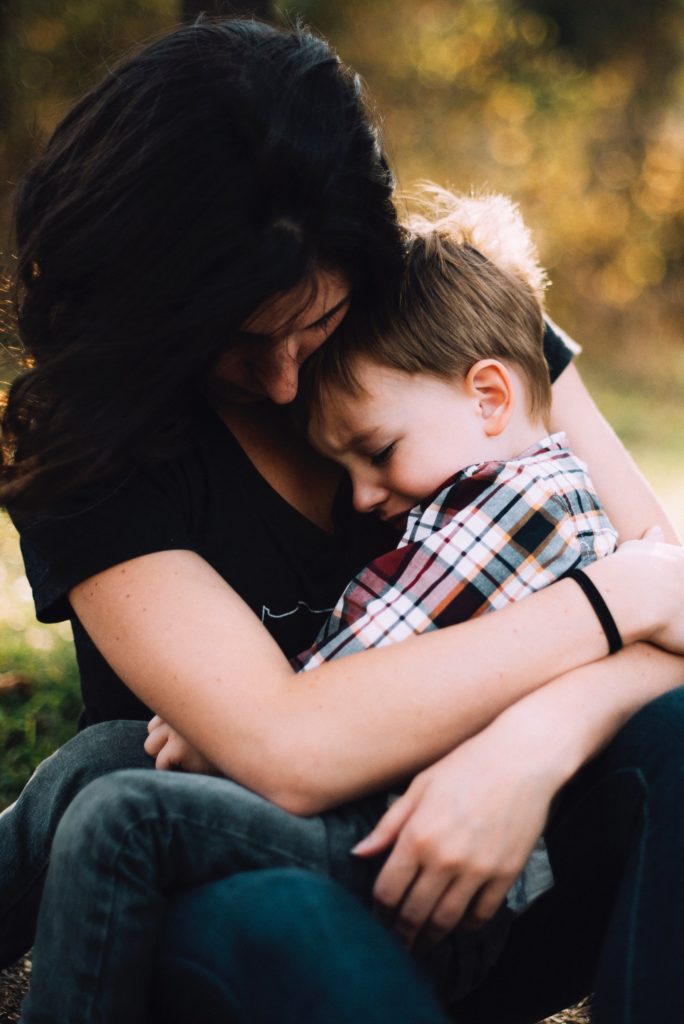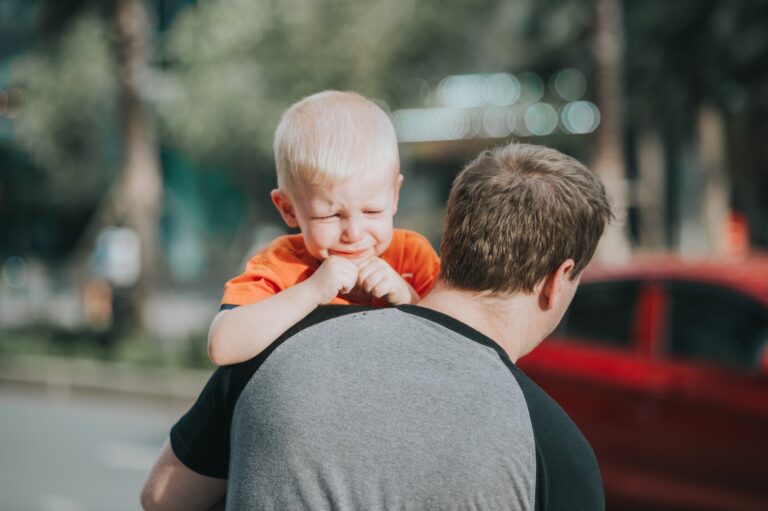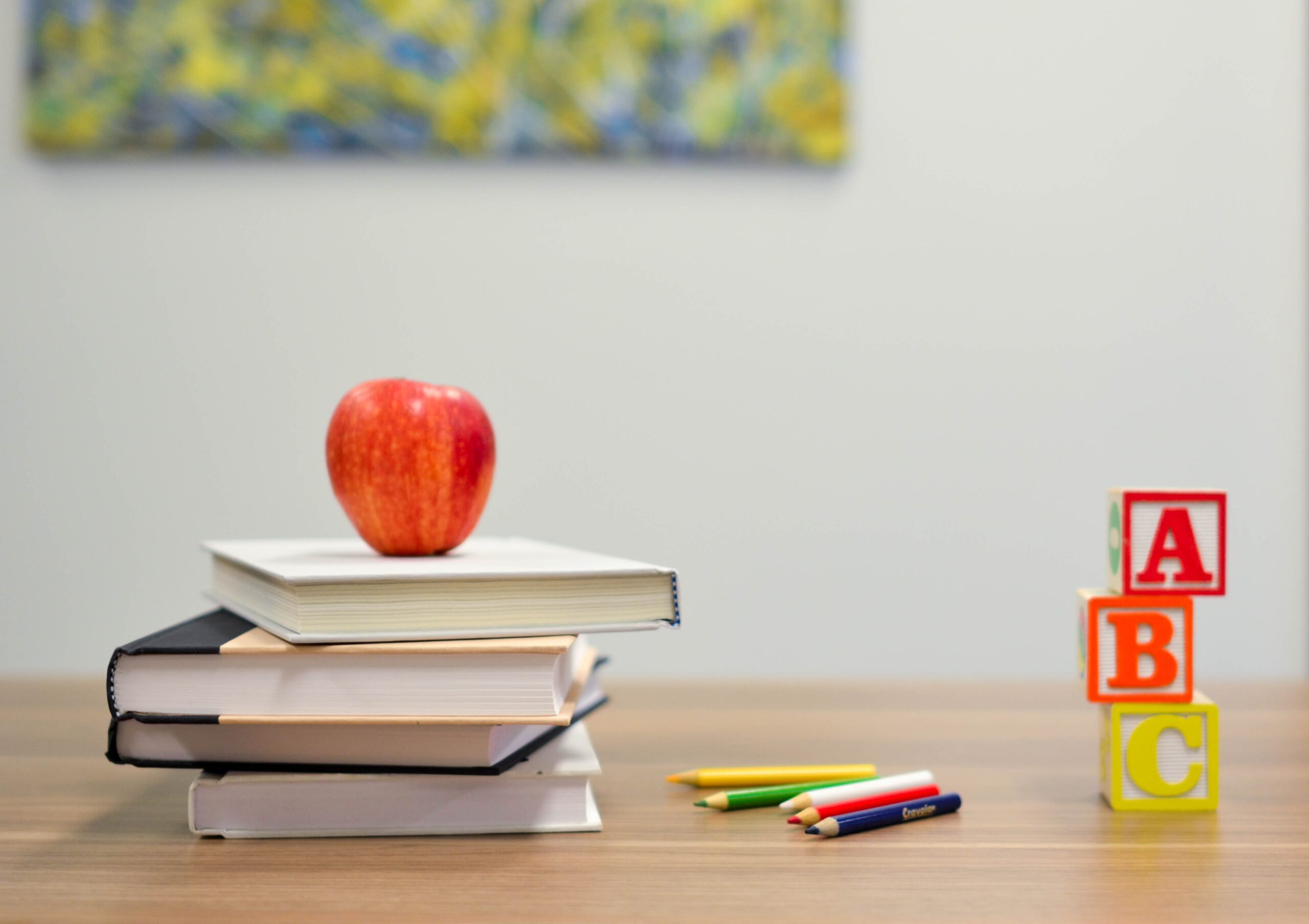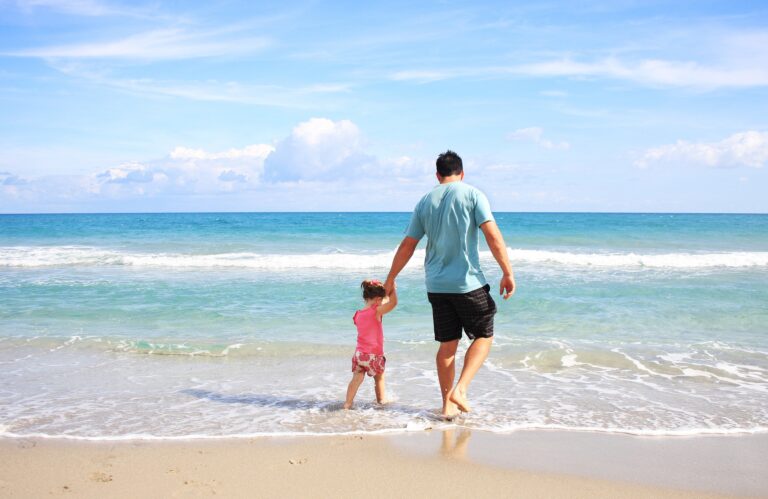
Divorcing someone you thought you’d spend the rest of your life with can be disappointing and scary, especially when there is a child involved. However, sometimes we recognize that divorce is better than staying together when the relationship isn’t carrying out anything positive anymore and is only making the household more tense by the day. It is simply unhealthy to keep something going that just isn’t working.
With all of this said we have to be aware that a child is somehow going to react to divorce and the goal here is to try to minimize those negative affects we may be expecting. That does not mean we should expect a child to be completely fine and okay with what’s happening or even happy for that matter. Here are just a few tips on how you can help your child cope with divorce:
- Be Sure They Understand: Sometimes, children tend to blame themselves for a divorce. They feel they could have been a better child, better behaved, more fun, or even more intelligent. It is essential for them to realize that although they are a priority when it comes to divorce, it is simply not their fault that the divorce occurred. Our lack of commitment as parents has nothing to do with the child’s ability to be loved. Helping them understand will allow that weight to ease off their shoulder so they don’t stress and believe they were the reason this happened.
- Let Your Child Feel: It is incredibly important to allow your child to have feelings regarding the divorce. Validate these feelings and let them know that you hear what they are saying and you understand that they feel that way. Our child’s pain and sadness is allowed to exist even thought we wish it didn’t. Telling them “don’t worry it will be okay” only sends the message that we’re not okay with their unhappiness and they have to stop feeling upset. Offer comfort and support and just simply let them know it’s okay to feel the way they’re feeling.
- Let Them Heal at Their Own Rate: Just because it has been a month or a year doesn’t mean they should feel a certain way at any given point. Divorce is like a loss for children because they still go through the five stages of grief. The amount of time it takes to go through each stage is unimportant, the only important thing is that we allow them to heal in the time they need to and that we don’t get upset with them for taking x amount of time to overcome the feelings.
- Keep an Eye on the Child’s Behavior: Some children may show signs of behavior issues following a divorce and this is why it’s important for us as parents to keep an eye out. There are certain points in a child’s life where we can determine whether something they are going through is “normal” or not. There are healthy coping skills, and the not so health ones. If those not so healthy coping skills begin to show at any point in the child’s life, it is important to open your ears and arms up to them and if it gets to the point, seek professional help if necessary. Again, we should be willing to listen regardless.
- Don’t Talk Negatively of the Other Parent: Just because you didn’t get along with your ex does not mean you cannot coparent together. It is important that we still make sure our children know that we both want wants best for them even if as parents we may not agree on everything together. You must be civil with one another even if it wasn’t the cleanest of divorces. Your priority is not to be happy with one another, but to make sure your child grows up knowing they had both parents to look out for them.
Co-Author: Leah Broderick (UCF Intern)






